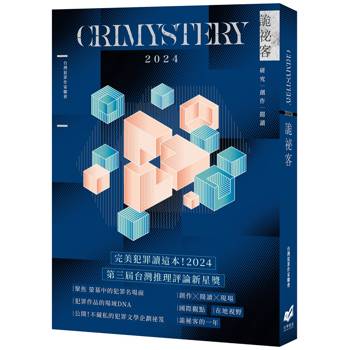On 17 April 2019, Indonesians marched to the polls to elect their president and vice president directly for the fourth time since 2004. The main contenders for the presidency--Joko "Jokowi" Widodo and Prabowo Subianto--were the same as when they first clashed in 2014, and the result was the same. Some of the issues raised in 2014 were rehashed in 2019, and the geographical polarization of voters had deepened along the same fault lines. There is a case for arguing that 2019 was a replay of the 2014 elections, hence the title of this book. But "2.0" also signifies progression, since nothing is ever exactly the same. 2019 has seen the intensification of cyber-politics, and the curious outcome where former opponents on the electoral battlefield, as featured on the cover of this book, ended up as colleagues in the same cabinet. This volume provides incisive analyses of the dynamics of the elections from multiple perspectives, from what is new (cyber-politics) to what persists (identity politics), from the constituencies that cut across national demographics to the regions and their peculiarities. The insights drawn out in this volume will serve as a guide for understanding the next presidential and parliamentary elections in 2024 and beyond.
| FindBook |
|
有 1 項符合
prabowo的圖書 |
 |
$ 2500 | The Jokowi-Prabowo Elections 2.0
出版社:Iseas-Yusof Ishak Institute 出版日期:2023-12-31 語言:英文 規格:平裝 / 310頁 / 22.86 x 15.24 x 1.65 cm / 普通級/ 初版  看圖書介紹 看圖書介紹
|
|
|
圖書介紹 - 資料來源:博客來 評分:
圖書名稱:The Jokowi-Prabowo Elections 2.0
|











